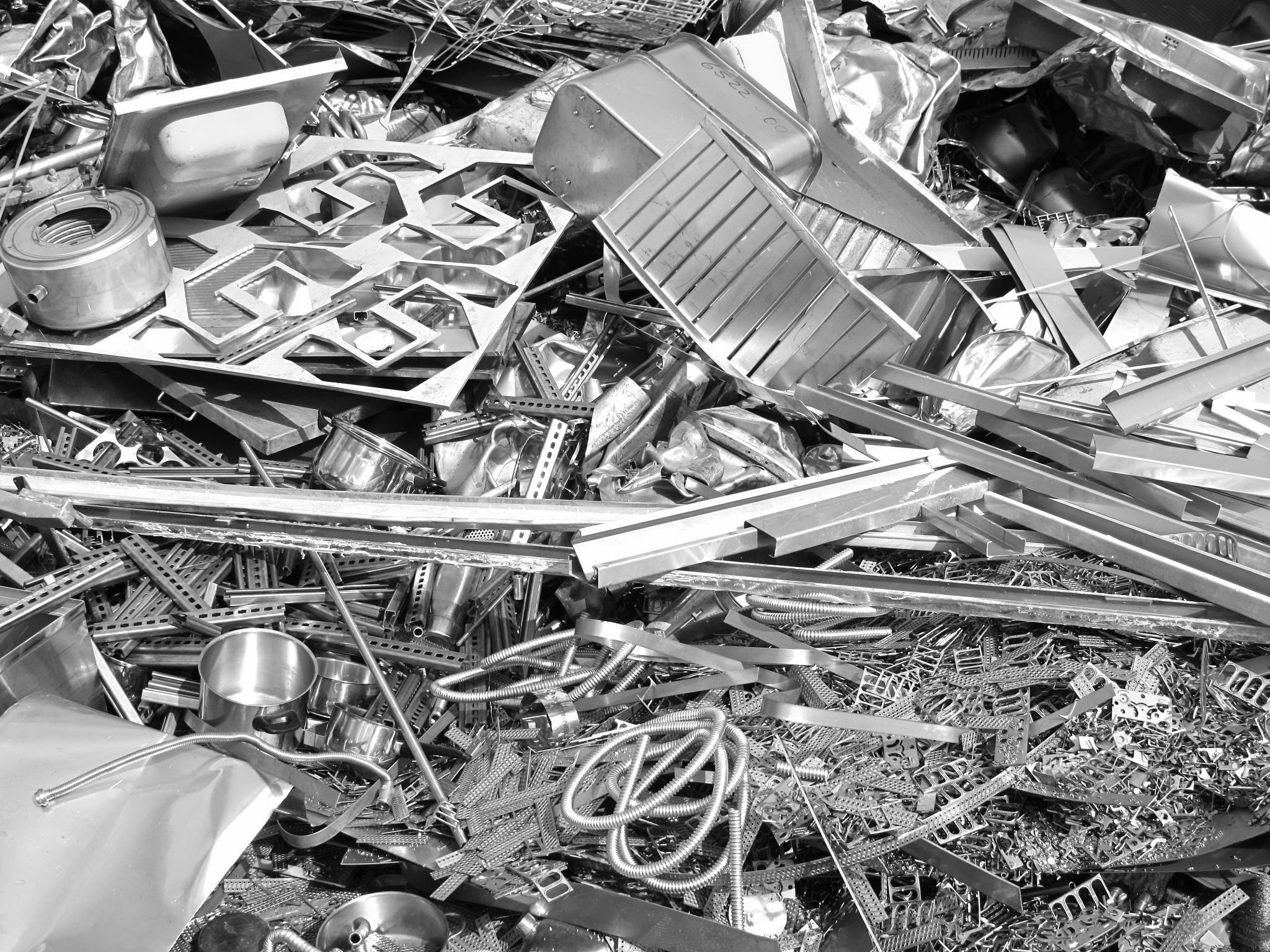Today, we use various plastic scraps and materials in practically every sector and application. Their toughness is one of the key justifications. Their capacity for recycling serves as another justification for their extensive use. There are many plastic scrap suppliers that export authentic scrap in bulk quantities.
We can recycle scrap plastic can be recycled to create a variety of items. This is the reason that every year, we recycle more and more plastic products. In the following years, we expect that the plastic recycling sector will flourish.
Also, there are predictions that the global market for plastic recycling is to increase. It can jump at a CAGR of 6.4 percent from USD 34.80 billion in 2016 to USD 50.36 billion by 2022.
Plastic Scrap
In several industries, production and packaging procedures frequently leave behind plastic trash. Recycling these leftovers can lessen the need to dispose of rubbish in landfills.
It can be expensive and bad for the environment because plastics don’t decompose.
Moreover, we make plastic polymers from oil, coal, and gas are raw materials. Recycling undesirable leftovers into other valuable goods minimizes the need for primary extraction.
Furthermore, it promotes the preservation of these vital non-renewable resources. According to estimates, for every ton of recycled polyethylene produced, 1.8 tons of oil are saved.
Scraps of plastic can be recycled into a variety of goods, such as plastic films, carrier bags, sheets, bottles, home products, and more, depending on the type of plastic used. For recycling, scrap plastic must go through a number of steps and procedures.
What Are the Different Processes Involved in Plastic Recycling?
The two most significant and well-known procedures required when talking about recycling plastic are as follows:
Monomer Recycling Technique: We accomplish it by reversing the polymerization reaction accomplished via the monomer recycling technique. As a result, we recycle a condensed polymer of the same kind to create a new polymer.
This method aids in overcoming various obstacles to plastic recycling.
Heat Compression Method: We use the heat compression method of recycling plastic in a number of nations, including Japan and the United States of America. The finest part of this technique is that you can recycle multiple plastic types at once and that matching plastic types are not necessary.
What Stages of Recycling Do Scrap Plastics Go Through?
Now that you are familiar with the procedures of recycling scrap plastic, let’s look at the various stages of recycling:
- Categorization: The first step in recycling is to properly separate and classify the plastic objects according to their type and manufacturer. We treat each type of plastic separately.
- Washing and Cleaning: In this step, we extensively wash the plastic pieces. We do this to get rid of adhesives, labels, and other contaminants after separating them. As a result, we get the final product’s quality.
- Shredding: After washing, shredding is the next step in the recycling of plastic. At this stage, we use conveyor belts to move plastic garbage through several shredders.
The shredder machine subsequently shreds the garbage into tiny pellets. Now, we can make various goods from these pellets.
- Plastic quality evaluation and testing: The machine’s manufactured plastic pellets is to a rigorous testing phase. By doing this, we ensure the caliber and quality of these pellets.
- Extrusion: The final step in the recycling process is extrusion. Then we heat and extrude the plastic into pellet form. We can now use these pellets to make a huge variety of plastic items.
Benefits Of Recycling Plastic Scrap
There are numerous advantages that come with reducing our plastic trash. Some of which is the preservation of natural resources, environmental protection, and financial savings.
Reducing plastic consumption has the following advantages:
- Reducing the usage of new raw resources to prevent pollution
- Energy conservation lowers greenhouse gas emissions that fuel climate change
- Reduces the quantity of the garbage that you must be recycle or transport to landfills or incinerators in developing nations
- Saves money since reusable items work out cheaper than constantly purchasing more plastic.
- Try to substitute paper or glass for plastic products whenever possible to limit the amount of plastic waste that your company or you produce. We recycle these materials.
So, stop searching Plastic Scrap Suppliers In USA because Jumeshmos Trading is the most authentic scrap suppliers there.


